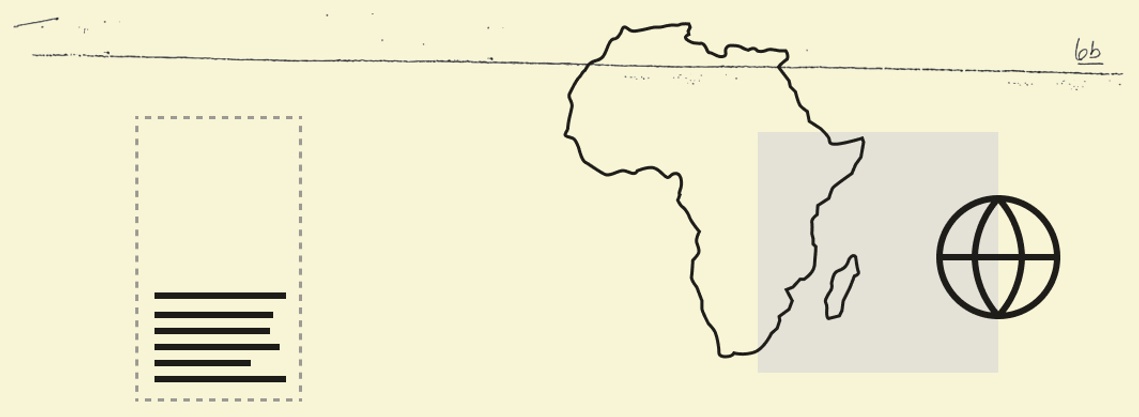 Health Reuters/Dado Ruvic Reuters/Dado Ruvic🌍 The World Health Organization on Monday unveiled a six-month plan aimed at stopping outbreaks of mpox. The organization said $135 million is required to fund the plan, which will improve access to vaccines and increase the number of health care workers in affected countries. Governance 🇲🇱 Mali’s junta government on Saturday suspended broadcasting by French private news channel LCI on its territory for two months, alleging “false accusations” were made on air against the army and its Russian allies. 🇹🇳 Tunisia’s President Kais Saied on Sunday announced a cabinet reshuffle replacing 19 ministers. Saied said the changes ahead of the Oct. 6 elections were necessary to defend national security. Tech 🇧🇼 Elon Musk-owned satellite internet service Starlink officially launched in Botswana this week. The roll-out comes three months after Starlink secured a regulatory license in the country. Deals 🌍 African B2B commerce startups Wasoko and MaxAB have completed their merger. The newly-formed company will operate in Kenya, Tanzania, Rwanda, Egypt, and Morocco. 🇿🇦 South African consumer privacy startup Omnisient has raised $7.5 million in Series A funding to support its expansion into new international markets. Mining  Tshekiso Tebalo/Xinhua via Getty Images Tshekiso Tebalo/Xinhua via Getty Images🇧🇼 A 2,492-carat diamond was unearthed in Botswana by Canadian mining firm Lucara Diamonds. The gem is the largest diamond found in more than 100 years. Geopolitics 🇪🇸 Spain’s Prime Minister Pedro Sanchez began a tour of West Africa aimed at curbing migration to the Canary Islands and to counter the Russian presence in the Sahel region. 🇩🇰 Denmark’s foreign ministry on Monday said it was shutting its embassies in Mali and Burkina Faso as part of a new Africa strategy. It will open embassies in Senegal, Tunisia and Rwanda. Energy 🇸🇸 Malaysia’s state-owned energy giant Petroliam Nasional said on Monday it had initiated arbitration proceedings against South Sudan for allegedly blocking a $1.25 billion sale of its local assets. |